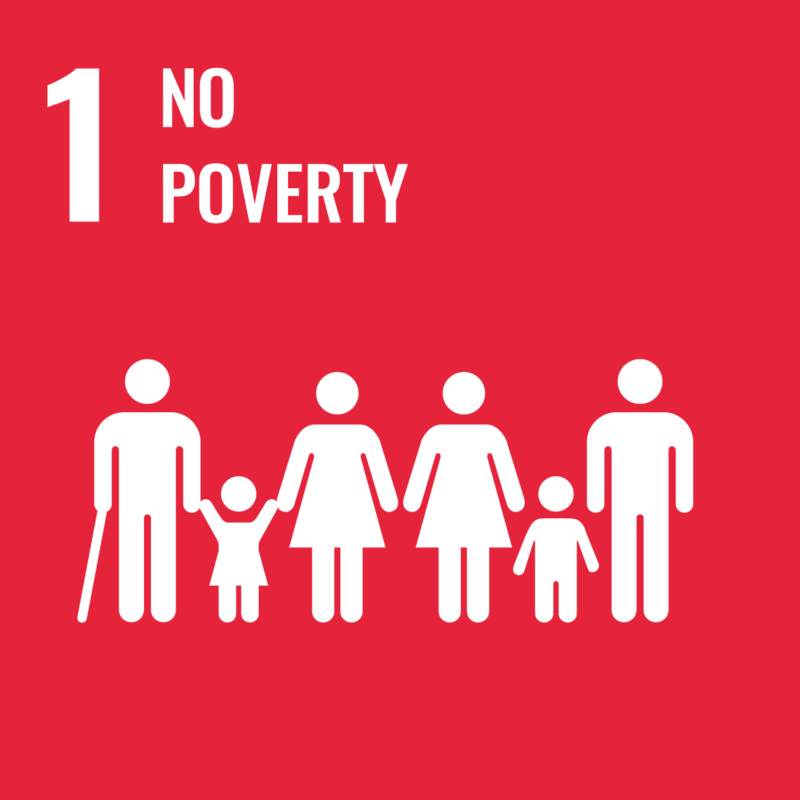Programs
Water and sanitation
Water is a basic human right, yet clean water and sanitation remain out of reach for billions.
2 billion people still don't have access to safe drinking water, while 3.6 billion lack effective sanitation services.
Access to clean drinking water and sanitation
Clean water is a basic human right, and something many of us take for granted. But for millions of people across Africa, Asia, and the Pacific, accessing clean drinking water is an everyday challenge. At the same time, one billion people practise open defecation (OD) due to lack of toilets and hygiene awareness. Poor water and sanitation are leading causes of diarrhoea, which is the second biggest cause of death among children under five.
Water is essential for cooking, washing, and farming. With access to a clean and local water source, communities can improve their hygiene and sanitation, reduce the burden of fetching water that rests largely on women and girls, and increase their agricultural productivity.
Our Water, Hygiene and Sanitation (WASH) program recognises that access to water is a fundamental requirement for good health, and also necessary for agricultural productivity. Our program therefore:
- educates communities about hygiene and sanitation
- raises awareness of COVID-19 prevention methods
- increases access to water at household and community level
- trains communities in managing their water resources
- empowers women to take leadership on water issues in their community
- builds communities’ climate resilience.
Alignment with SDGs
The WASH program contributes to the following Sustainable Development Goals (SDGs):
Water sanitation program in Africa
In Africa, our WASH program focuses on installing and refurbishing water points; constructing dams, irrigation systems, and wells to support farming; and educating communities about good hygiene practices. Water committees are trained in monitoring water quality, promoting good hygiene in their communities, and repairing water infrastructure.
A community achieves its clean water dream
Water sanitation program in the Pacific
Access to clean drinking water is a significant challenge in remote Pacific Island communities, which lack infrastructure and hygiene training. Our WASH program focuses on educating communities about water hygiene, installing water points, and increasing access to water for small-scale agriculture.
Increasing climate resilience in Kiribati
Partner with us on WASH programs
Submit a partnership enquiry
Support our WASH programs
Donate now to help vulnerable communities access clean drinking water, hygiene, and sanitation.




